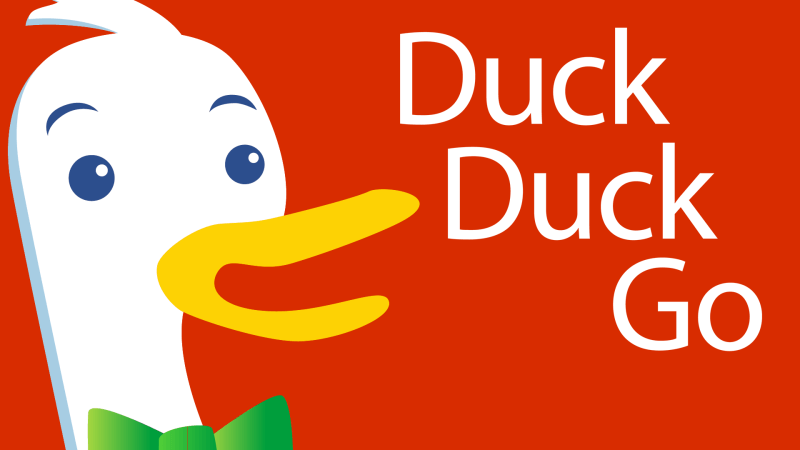The search engine’s share is small but some of its metrics are better than Bing’s, according to a third party analysis.
Last month, DuckDuckGo announced that it had exceeded 9 billion searches in 2018. That compares with 4 billion in 2016. By comparison, Google sees more than a trillion searches per year globally.
Growing fast. DuckDuckGo’s popularity has grown as privacy has become a more significant issue over the past several years. According to the company, it will “shatter” its 2018 traffic record this year. Even so, it controls less than 1 percent of all U.S. search volume.
US search engine market share (1/19)
Source: StatCounter
SEOs not paying attention. We reached out to a number of SEOs and found that no one is focused on optimizing for DuckDuckGo. However, one local SEO noted that Yelp ranks very well for local queries. So optimizing for Yelp will help locally-focused businesses with visibility and discovery on DuckDuckGo.
In 2015, Neil Patel wrote four SEO tactics for DuckDuckGo. And DuckDuckGo’s Daniel Davis offered this general advice: “Our recommendation is to continue putting users first, focusing on high quality content that they appreciate.”
Why you should care. According to a 2016 analysis of usage and traffic by SimilarWeb, DuckDuckGo outperformed Bing in terms of bounce rates and user engagement. The same analysis suggests that its audience was more tech-savvy than average and more privacy-conscious. Two years later the audience may have broadened.
Given the tiny market share, it’s unlikely that many SEOs will devote time to DuckDuckGo any time soon. But if it continues to grow, that will change. It’s not outrageous to suggest that if present trends continue, DuckDuckGo’s share could ultimately exceed either Bing’s or Yahoo’s.






